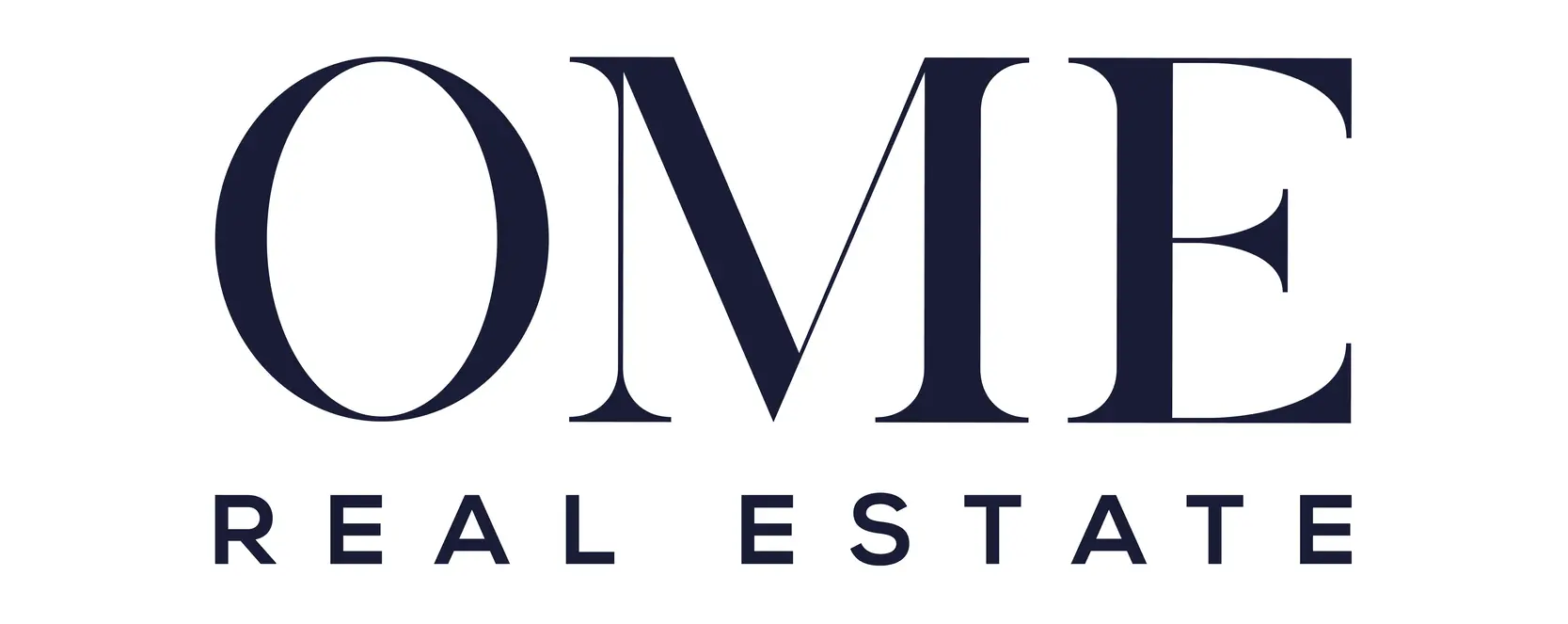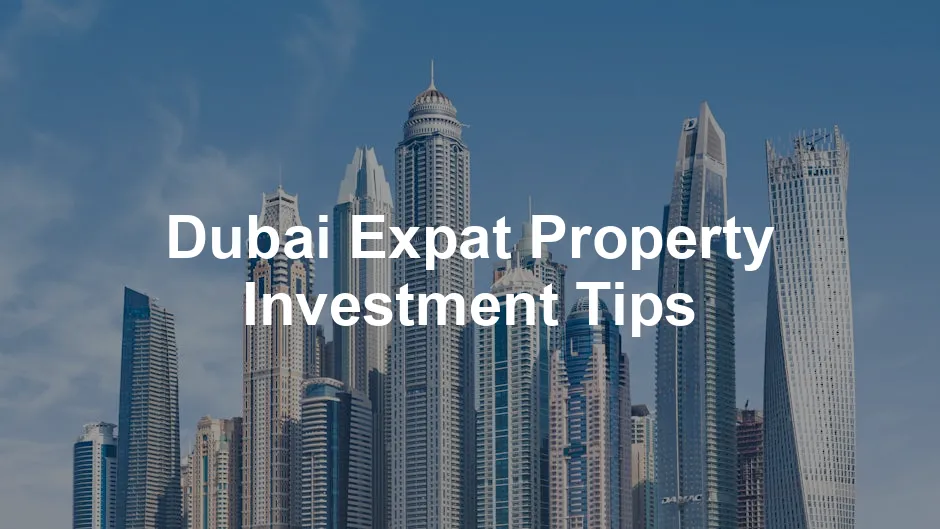Introduction
Dubai is a top choice for expatriates looking to invest. Its vibrant real estate market offers numerous opportunities. With the right knowledge, you can make informed decisions that lead to great returns. Understanding the market is crucial for success.
Summary and Overview
Dubai’s real estate market has shown remarkable growth in recent years. In 2024 alone, property transactions surged over 30% compared to previous years. This expansion is fueled by a diverse economy and a steady influx of expatriates. The city offers a regulatory framework that encourages foreign investment, allowing expats to own property in designated areas. For more insights, check out the Dubai real estate market trends 2024.
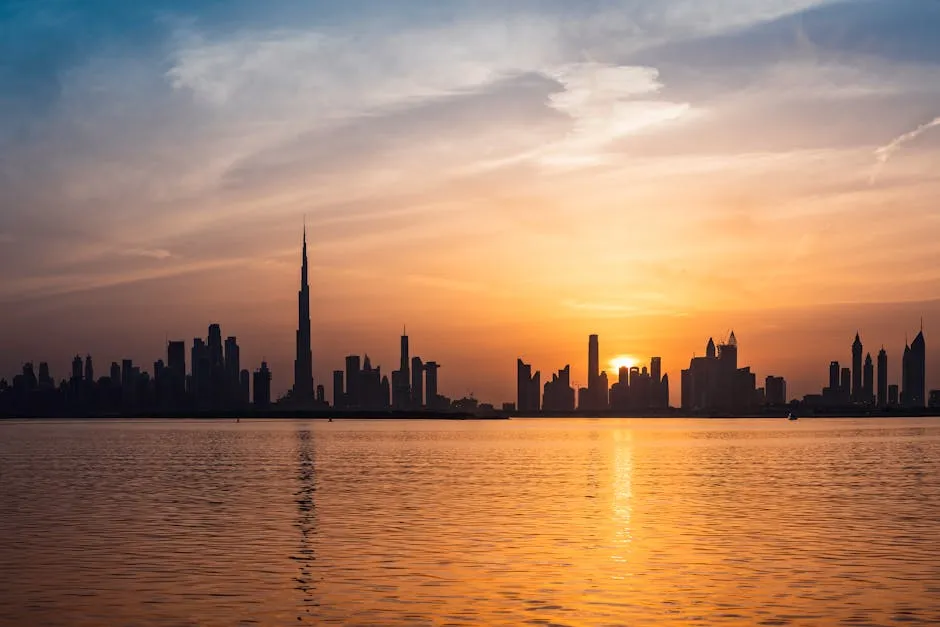
Understanding the latest market trends is essential for making informed investment decisions. Dubai real estate market trends 2024 provides valuable insights into the current landscape.
Investors benefit from zero federal income tax, making Dubai attractive for property ownership. You can expect rental yields averaging around 7.5%, with some areas even reaching up to 8%. The lack of property taxes further enhances your investment potential. Key areas like Dubai Marina and Downtown Dubai yield impressive returns, making them prime targets for buyers.
With a solid infrastructure, ongoing developments, and a growing population, Dubai remains a hotbed for real estate investment. Whether you’re looking to buy, rent, or simply explore options, Dubai offers a wealth of possibilities. If you’re considering a property investment, now is the perfect time to explore what Dubai has to offer.

1. Understanding the Market Landscape
The Dubai real estate market is thriving. Recent statistics show property transactions soared by over 30% in 2024 compared to previous years. This growth reflects a robust economy and a steady influx of expatriates.
Market stability is a focal point for investors. Economic indicators, like employment rates and tourism growth, influence property values. With ongoing developments and infrastructure projects, Dubai’s real estate landscape remains promising.
Looking ahead, the demand for residential and commercial properties is expected to rise. Analysts predict continued property appreciation, especially in prime locations. For instance, areas such as Dubai Marina and Downtown Dubai are highly sought after, consistently yielding high returns.
Investing now means tapping into a market with significant potential for future growth. With the right information and support, your investment could flourish in this dynamic city.
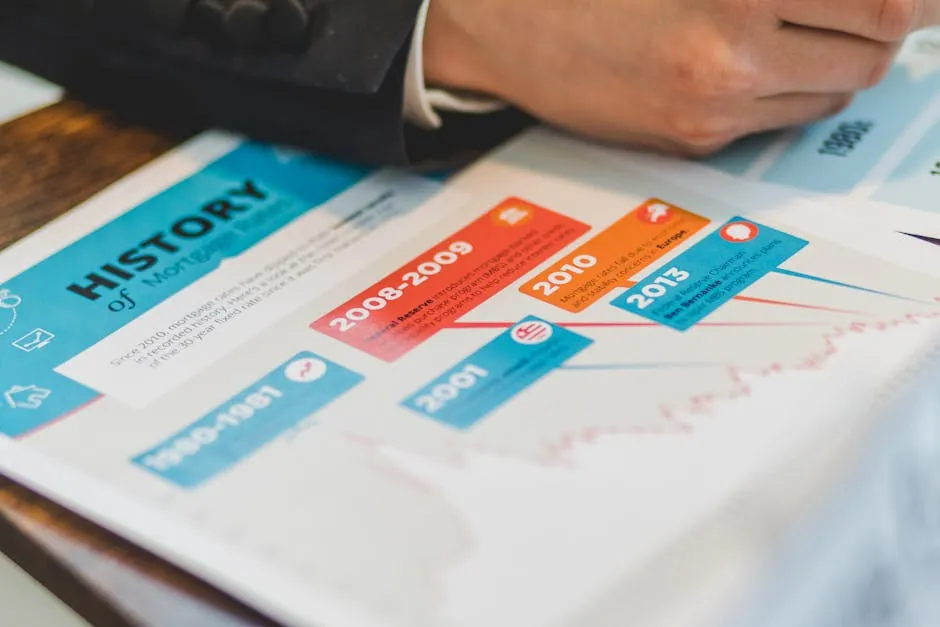
1.1 Key Drivers of Growth
Several factors are driving Dubai’s real estate market. First, population growth is remarkable, with more expatriates calling Dubai home. This surge creates a high demand for housing.
Infrastructure development plays a vital role, too. The government is investing heavily in transport and public amenities. Projects like the expansion of the metro enhance connectivity and accessibility.
Additionally, supportive government policies make investing in Dubai attractive. Initiatives like long-term residency visas for investors have further fueled interest. These factors combined create a strong foundation for property growth and appreciation in the coming years.
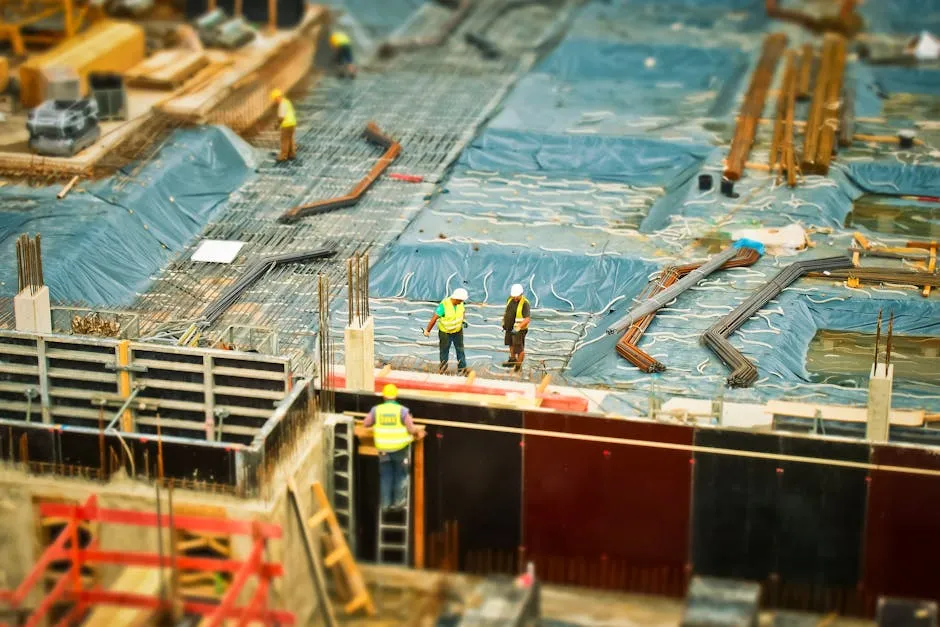
2. Legal Framework for Property Ownership
When considering property investment in Dubai, understanding the legal framework is essential. Expats can buy property in designated areas, with ownership options classified as freehold or leasehold.
Freehold properties allow foreign buyers full ownership rights, including the land and building, without any time restrictions. This means you can sell, lease, or modify your property as you wish. Popular freehold areas include Dubai Marina and Downtown Dubai, where many expats choose to invest.
Leasehold properties, on the other hand, provide a long-term lease, typically for 99 years. While you don’t own the land, you can still enjoy living in or renting out the property. It’s crucial to know which areas are designated for leasehold ownership.
Legal documentation is key when purchasing property. You’ll need a valid passport, proof of residency, and a No Objection Certificate (NOC) from the developer, confirming the property is free from issues. The property registration process occurs at the Dubai Land Department, where you will submit the required documents and pay a 4% transfer fee.
For peace of mind, consulting with a legal expert familiar with Dubai’s property laws can be invaluable. They can guide you through the intricate legal landscape, ensuring all requirements are met.

3. Identifying the Right Location
Location is a significant factor in property investment success. It influences property value and rental potential. In Dubai, some neighborhoods are particularly popular among expats due to their amenities and lifestyle options.
Areas like Dubai Marina, Jumeirah Beach Residence, and Downtown Dubai are well-known for high rental yields, often averaging between 7% to 8%. These areas offer proximity to key amenities such as shopping, dining, and entertainment, making them attractive for renters.
Emerging neighborhoods like Dubai South and Al Furjan are gaining traction, boasting affordability and potential for growth. Investing in these areas can yield impressive returns as they develop.
When choosing a location, consider proximity to essential services, schools, and public transport. High rental demand often correlates with well-connected areas.
By carefully analyzing rental yields and market trends, you can make informed decisions on where to invest. Whether you prefer established hotspots or up-and-coming neighborhoods, Dubai offers diverse options to suit your investment strategy.

4. Choosing the Right Property Type
When investing in Dubai, selecting the right property type is crucial. The market offers a variety of options, including residential and commercial properties. Each type comes with its own perks.
Residential properties are popular among expats. They include apartments, villas, and townhouses. These investments typically yield high rental returns, making them attractive for buyers. However, the maintenance costs can add up, impacting your overall profit.
On the other hand, commercial properties, like offices and retail spaces, can offer higher returns. But they often require more capital and have longer vacancy periods. Understanding the target market is essential when considering commercial investments.
Next, consider off-plan versus ready-to-move-in properties. Off-plan properties are purchased before completion, which can lead to lower prices. These investments can appreciate significantly by the time they are finished. However, they come with risks, such as construction delays.
Ready-to-move-in properties, while more expensive, offer immediate returns through rental income. This can be ideal for those looking for quick cash flow.
Evaluate your investment goals, budget, and risk tolerance against these property types. By doing so, you can align your strategy with the best options available in Dubai’s vibrant market.
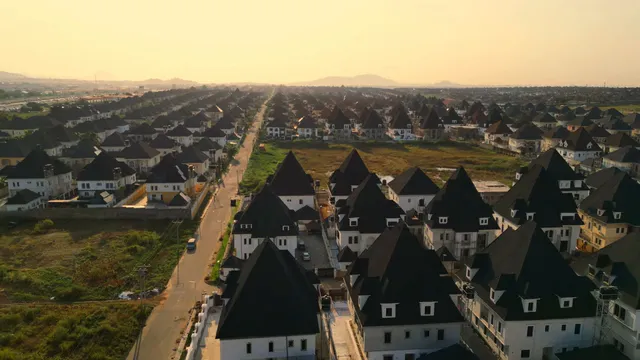
5. Financing Your Investment
Financing your investment in Dubai is crucial for expatriates. Various options are available, including mortgages from local banks. Understanding these can significantly ease the purchasing process. For a comprehensive overview, refer to Real estate financing options in Dubai.

Understanding financing options is key to successful property investment. Real estate financing options in Dubai can help you navigate your choices effectively.
Most banks offer mortgage products tailored for expatriates. Typically, you can secure up to 75% of the property’s value. This means down payments usually range from 25% to 35%. Be prepared for additional costs, such as a 4% transfer fee payable to the Dubai Land Department.
As of late 2023, average mortgage rates hover around 3.5% to 4.5%. These rates can vary based on the bank and your financial profile. It’s wise to shop around and compare offers to find the best deal.
Financial planning is essential before making any commitments. Assess your budget and ensure you can cover all associated costs, including maintenance and service charges. Consulting a financial advisor can help clarify your options.
By understanding your financing options and developing a clear financial plan, you can navigate Dubai’s real estate market more effectively. This preparation sets the foundation for successful property investment, leading to greater returns down the line.

6. Understanding Costs and Fees
Investing in Dubai’s property market involves several costs. Understanding these fees is vital for making informed decisions.
First, there’s the registration fee, which is typically 4% of the property value. This fee goes to the Dubai Land Department during the property transfer. For properties valued below AED 500,000, there’s an additional AED 540 administrative charge.
Next, consider maintenance and service charges. These fees can vary significantly based on the property type and location. They cover common area upkeep, facility management, and other shared services. On average, expect to pay around 5% of the property’s rental value annually.
Hidden costs also exist. Valuation fees range from AED 2,500 to AED 3,500, depending on the property. Legal fees can include charges for document preparation and contract review, often around AED 6,000 to AED 10,000.
When budgeting, remember these expenses can add up quickly. Proper planning ensures your investment remains profitable while avoiding unexpected financial surprises. Always seek expert advice to navigate these costs effectively.
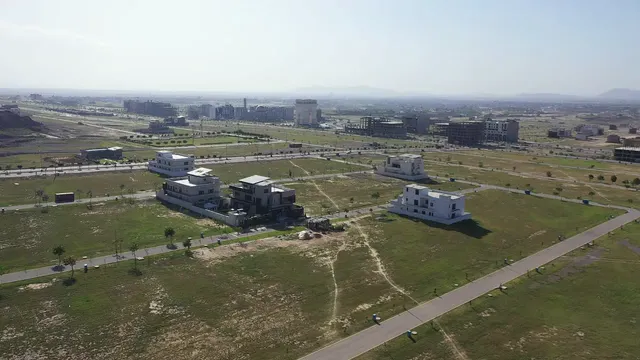
7. Risks and Challenges in Property Investment
Investing in property comes with its share of risks. Market volatility can lead to fluctuating property values. Understanding local trends is essential to mitigate this risk.
Another challenge is legal complications. Foreign investors must navigate Dubai’s regulations carefully. Familiarizing yourself with ownership laws can prevent costly mistakes.
Economic factors also play a role in property investment. Economic downturns can impact rental income and property values. Diversifying your investments can help shield you from these fluctuations.
To minimize these risks, conduct thorough research. Stay updated on market trends and seek professional guidance. Collaborating with experienced real estate agents can provide valuable insights.
In summary, understanding the potential risks and having a solid strategy in place will help you navigate Dubai’s property market successfully.

8. The Importance of Due Diligence
Due diligence is a crucial step in property investment. It helps you avoid potential pitfalls and ensures you’re making informed decisions.
Start with a property inspection. This process identifies any issues that could lead to costly repairs down the line. A professional inspection can save you from future headaches.
Next, research the developer’s reputation. Look for reviews and past projects. A trustworthy developer is less likely to cause problems during construction or delivery.
Legal verification is also essential. Ensure that all documentation is in order, including title deeds and ownership rights. This step protects you from disputes that could arise later.
By conducting thorough due diligence, you set the foundation for a successful investment. It helps you make better choices while safeguarding your financial interests.

FAQs
Is it easy for expats to buy property in Dubai?
Yes, the process is straightforward, with clear regulations for expat ownership.
What are the benefits of investing in Dubai real estate?
High ROI and tax benefits make Dubai an attractive option for investors.
How can I finance my property in Dubai?
Various financing options are available, including mortgages tailored for expats.
What types of properties can expats buy in Dubai?
Expats can purchase both freehold and leasehold properties in designated areas.
What should I consider before buying property in Dubai?
Key factors include location, legal aspects, and associated costs.
Please let us know what you think about our content by leaving a comment down below!
Thank you for reading till here 🙂
All images from Pexels
